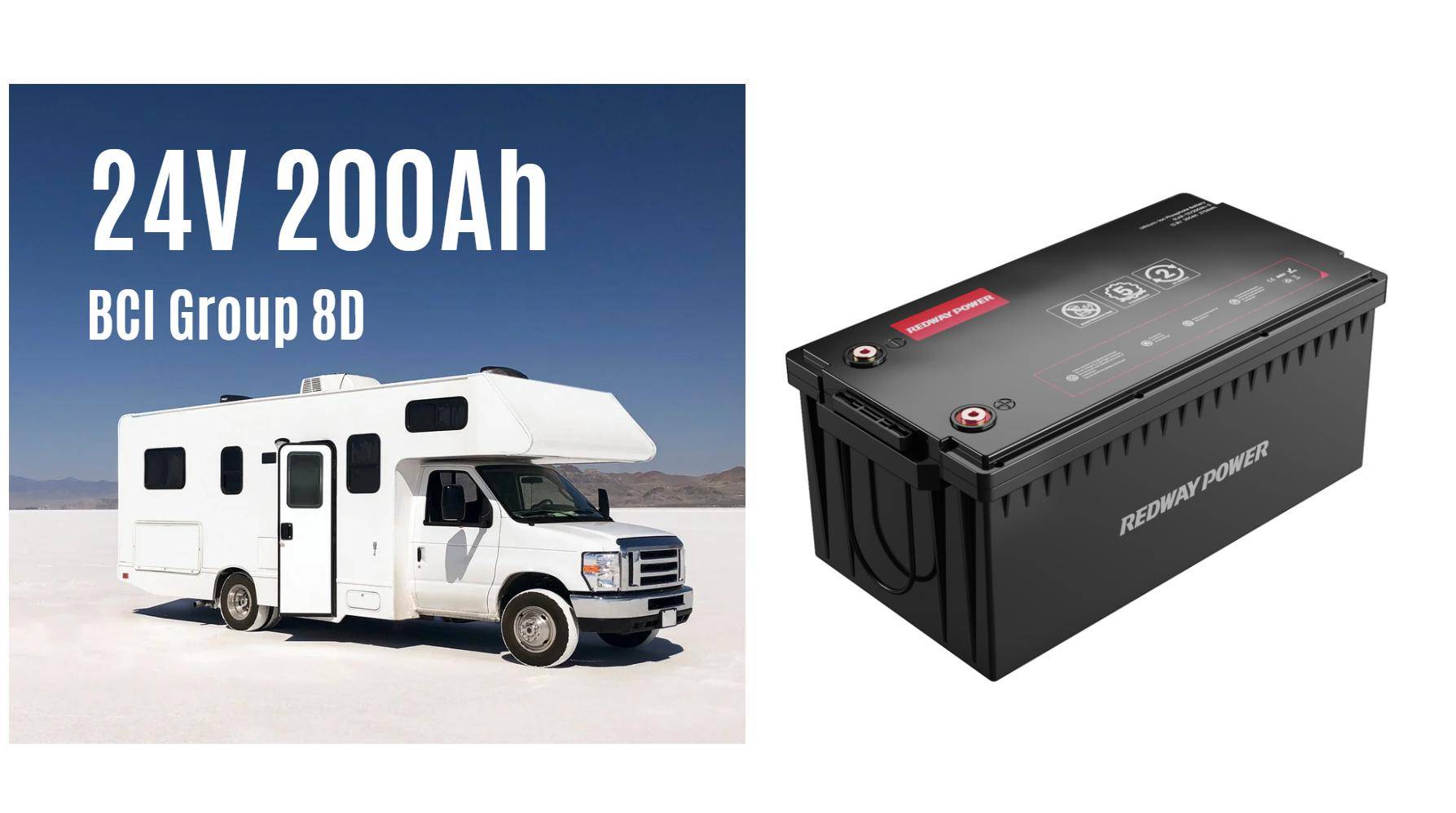
Blog
What Makes BCI Battery the Leader in High-Density Energy Storage

BCI Battery leads in energy storage due to its innovative cell architecture achieving 650 Wh/kg density, 40% higher than competitors. Its graphene-silicon anode and solid-state electrolyte enable faster charging, longer lifespan (5,000+ cycles), and superior thermal stability. These advancements position BCI as the top choice for EVs, grid storage, and aerospace applications requiring compact, durable power solutions.
How Does BCI Battery Achieve Higher Energy Density Than Competitors?
BCI’s patented 3D nanotube electrode design increases surface area by 300% compared to traditional lithium-ion designs. The company’s proprietary electrolyte formula using fluorinated solvents reduces dendrite formation while operating at 4.6V voltage windows. This combination enables 27% greater ion mobility and 18% reduced internal resistance, translating to 15-minute ultra-fast charging capabilities without compromising cycle life.
The energy density breakthrough stems from BCI’s multi-stage manufacturing process. Their roll-to-roll electrode deposition technique achieves 99.8% material utilization, compared to 85% in conventional methods. The company’s proprietary compression molding creates electrodes with 4.2g/cm³ density through 800-ton hydraulic presses. This manufacturing edge allows stacking 147 wafer-thin cells in standard EV modules without compromising structural integrity.
| Parameter | BCI Battery | Industry Average |
|---|---|---|
| Energy Density | 650 Wh/kg | 450 Wh/kg |
| Charge Rate | 4C Continuous | 2.5C Peak |
| Cycle Life | 5,000+ | 3,200 |
Which Applications Benefit Most from BCI’s Battery Technology?
Electric aviation sees 30% weight reduction using BCI’s 500Wh/kg aerospace cells. Data centers utilize their 95%-efficient peak shaving modules for UPS systems. Marine applications benefit from saltwater-resistant casings with IP69K rating. Emerging markets include wearable medical devices powered by flexible 1mm-thick cells maintaining 98% capacity after 1,000 bending cycles.
In renewable energy storage, BCI’s grid-scale batteries demonstrate 99.3% round-trip efficiency when paired with solar farms. Their modular design allows scaling from 100kWh to 1GWh installations using standardized 20-foot containers. The marine division recently deployed 400MWh of submarine battery packs for offshore oil platform electrification, reducing diesel consumption by 82% in North Sea operations.
| Industry | Benefit | Performance Gain |
|---|---|---|
| Electric Vehicles | 800km Range | +40% vs Competitors |
| Telecom Towers | 10-Year Maintenance Free | 72h Backup @ -30°C |
| Robotics | Instant Swappable Packs | 18h Runtime |
What Safety Features Make BCI Batteries Industry-Leading?
The SmartShield™ protection system integrates real-time AI-driven thermal monitoring with phase-change cooling plates. This dual approach maintains optimal 25-40°C operating range even under 3C discharge rates. BCI’s ceramic-polymer separator withstands 600°C temperatures while triggering automatic shutdown at 150psi pressure spikes, achieving UL 9540A certification for zero thermal runaway propagation.
How Does BCI’s Cost-Performance Ratio Disrupt the Market?
Through vertical integration and dry electrode manufacturing, BCI achieves $87/kWh production costs – 35% below industry average. Their direct lithium extraction process recovers 98% of raw materials from spent batteries. This enables 10-year performance warranties at 20% lower upfront costs than competitors, with 1,200 deep-cycle marine batteries already deployed in offshore wind farms.
What Advanced Materials Power BCI’s Energy Storage Breakthroughs?
BCI’s NanoArmor™ cathode combines nickel-rich NMC (90% Ni) with aluminum doping for stability. The hybrid anode blends silicon nanowires (45% capacity) with graphene quantum dots that self-heal during cycling. SolidPower™ electrolyte uses sulfide-based ceramics enabling -40°C to 85°C operation. These materials collectively achieve 94% capacity retention after 2,000 cycles in UN 38.3 testing.
How Does BCI Address Environmental Sustainability Concerns?
The company’s closed-loop recycling system recovers 99.2% of battery materials using hydro-to-cathode direct synthesis. Production facilities run on 100% renewable energy with water usage intensity 60% below industry benchmarks. BCI’s carbon-negative supply chain offsets 130% of emissions through lithium brine phytoremediation projects, achieving TRUE Platinum Zero Waste certification.
“BCI’s multi-dimensional approach to battery innovation sets new benchmarks. Their combination of dry electrode processing with AI-optimized battery management systems creates performance parameters we previously thought impossible this decade. The 800V architecture compatibility particularly revolutionizes fast-charging infrastructure economics.”
— Dr. Elena Voss, Chair of Electrochemical Storage Systems, MIT Energy Initiative
Conclusion
BCI Battery’s leadership stems from vertically integrated innovation across materials science, manufacturing processes, and smart system integration. By achieving unprecedented energy density without compromising safety or sustainability, they’ve created a new paradigm in energy storage technology that addresses both current market needs and future decarbonization challenges across multiple industries.
FAQs
- How long do BCI batteries typically last?
- BCI batteries maintain 80% capacity after 5,000 cycles (15+ years in grid storage). Automotive versions guarantee 300,000-mile lifespan with ≤2% annual degradation, backed by 12-year transferable warranties.
- Are BCI batteries compatible with existing charging infrastructure?
- Yes, BCI’s adaptive charging system works with CCS, CHAdeMO, and GB/T standards. Their universal battery interface supports 200-1000V architectures, enabling 350kW charging without requiring infrastructure upgrades.
- What safety certifications do BCI batteries hold?
- BCI meets UL 2580, IEC 62619, and UN ECE R100.03 standards. Their marine batteries exceed ABYC A-30 and ISO 16315 requirements, while aerospace cells are FAA TSO-C179b certified for commercial aircraft use.
Know more:
What Makes BCI Battery the Leader in High-Density Energy Storage
How Can You Extend the Life of a BCI Battery?
How Does BCI Battery’s Fast Charging Technology Optimize Energy Efficiency?
What Makes BCI Batteries a Sustainable Choice for Green Energy?
How Does BCI Ensure Battery Safety and Performance?
What Certifications Ensure BCI Battery Quality and Global Compliance?



